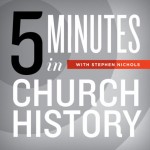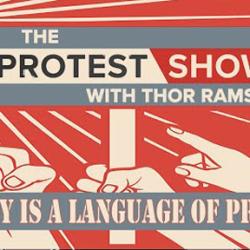
Trinity Lutheran Church Case: Supreme Court Defends Free Exercise of Religion
In the recent Supreme Court decision in Trinity Lutheran v. Comer, the newest member of the court, Justice Neil Gorsuch, felt compelled to qualify his endorsement of the majority opinion. Learn what his is opinion on the matter is by visiting FirstLiberty.org/Briefing.
Thank you for joining us for the First Liberty Briefing, an exclusive podcast where host Jeremy Dys—also First Liberty Senior Counsel—provides an insider’s look at the stories, cases, people and laws that have made America the world’s leader in protecting religious liberty.
Recently, we discussed the Supreme Court’s decision in Trinity Lutheran v. Comer. Chief Justice Roberts declared it “odious to the Constitution” for the state to prevent a church from participating in a public benefit merely because of its religious status.
The newest member of the court, Justice Neil Gorsuch, felt compelled to qualify his endorsement of the majority opinion.
In his concurring opinion, Justice Gorsuch suggests removing the false distinction between religious status and religious use. As an example, he asks, “Does a religious man say grace before dinner? Or does a man begin his meal in a religious manner?” The same facts could be described in the same way, but, under the court’s decision, only one is protected. Justice Gorsuch reveals that he believes that the First Amendment protects more than religious status when he writes, “Neither do I see why the First Amendment’s Free Exercise should care.” Whether status or use, the point of the First Amendment is to protect religious exercise. He says, “I don’t see why it should matter whether we describe that benefit, say, as closed to Lutherans (status) or closed to people who do Lutheran things (use). It is free exercise either way.”
It’s good to see the newest member of the court thinking so clearly. The First Amendment should protect the free exercise of religion, regardless of status or use.
To learn how First Liberty is protecting Religious Liberty for all Americans, visit FirstLiberty.org.
First Liberty Institute is the largest organization in the nation dedicated exclusively to protecting religious freedom for all Americans. Find out more here.
(This podcast is by First Liberty Briefing. Discovered by Christian Podcast Central
and our community — copyright is owned by the publisher, not Christian Podcast Central, and audio is streamed directly from their servers.)












